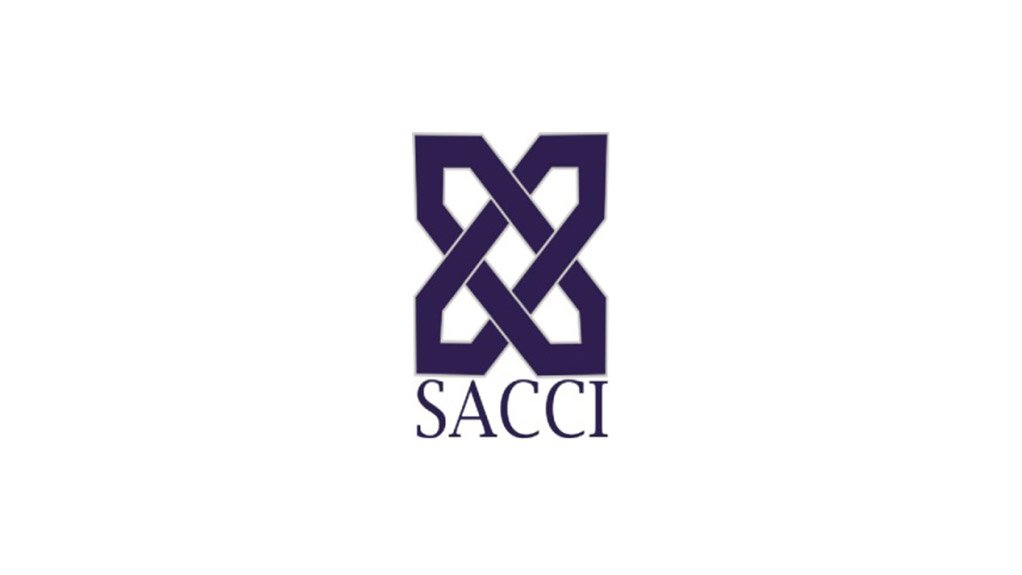Since the previous media release of the SACCI BCI in April 2020, the BCI slumped to 70.1 in May 2020, but recovered to 81.4 in June and to 82.8 in July 2020. Although the BCI was 12.7 index points up on the low May 2020 level, it was still 9.2 index points below the level of 92.0 of July 2019. The turnaround of the SACCI BCI that started in June 2020 continued in July 2020 but the momentum slowed.
On a month-on-month basis the most negative effects on the sub-indices of the BCI were caused by lower manufacturing output, less merchandise import volumes, less new vehicles sold, decreased real retail sales, and disrupted construction activity. Lower inflation and increased precious metal prices together with a lower US dollar crude oil price were notable although the rand continued its volatility and tend to trade lower.
Compared to July 2019, the annual impact of all the real economic sub-indices of the BCI were negative while the financial sub-indices had a mixed impact on business confidence. Less merchandise import volumes – reflecting the depressed domestic economy, lower manufacturing output, and the weaker rand were notable and had the worse negative impacts on business confidence compared to a year ago.
It appears that the global economy has moved beyond the economic trough that resulted from measures to curb the spread of Covid-19 and prepare countries to flatten the curve of infections.
The economic lockdown processes, however, had a substantial real impact on the global economy. Certain sectors were especially hard hit and the pandemic affected countries differently. Due to globalisation linkages and interaction, there was little room for countries to escape these impacts. The lockdown also highlighted the economic vulnerabilities of economies and their structural deficiencies.
South Africa has retained a strict and long-running Covid-19 mitigation. Some measures have had a devastating effect on business, households, and government revenue and expenditure, while the experience and success of the government's emergency relief measures might have had mixed results. It was essential for South Africa to manage and balance the punitive effects of the lockdown process on business and the economy, with the need to contain the public health effects of the Covid 19 pandemic.
Getting this balance right should have meant that whilst the economy was in lock-down, the intended public health benefits of containing the pandemic should have been visible. The exponential rise in Covid 19 positive cases has catapulted South Africa to be in the top 5 countries in the world and we have the highest number of positive cases of all of African countries combined.
This may well mean that whilst the imposed lock down has had a devastating effect on the economy and livelihoods, the benefit to the public health care is not as clear, given the exponential rise in positive cases, hospital admissions and mortality numbers in this period.
The view SACCI publicly expressed months ago, was that it was priority to test employees, not just screening, and that a central pillar of quick and sustainable economic re-engagement, remains apposite. This strategy would have ensured that those returning to work would not be going to unsafe workplaces, and neither would they as individuals, be unintended asymptomatic spreaders at the workplace. The dual advantage would have been a rapid and sustainable re-opening of the economy, whilst mitigating the Covid 19 pandemic at the same time.
The allegations of corruption on the Covid 19 procurement and the apparent irregular awarding of contracts to “sudden” businesses owned by friends and relatives of influential, ruling party and top government officials is serious cause for concern. This is damaging SA’s recovery effort and brings into question the new administration’s intent to stamp out corruption. In announcing the Covid 19 relief measures, the President had stated that measures would be put in place to ensure that public finances would not be irregularly spent. This promise has not been fulfilled and raises the issue of credibility. Questions must be asked on whether the state has both the will and capability to root out and stop corruption.
We are not sure whether another cabinet committee is a solution. We have had other cabinet committees on a number of hard issues including Eskom, infrastructure, and other matters. Perhaps the time has come for government to pause, reassess and re-evaluate its own cabinet resource capabilities, by enquiring whether some of its cabinet committees have the required level of competence, grit and experience to handle the big tasks. Otherwise, the government could end up contracting a bad condition of “not knowing what they don’t know”, and this generally leads to delusion and self-deception.
Issued by SACCI
EMAIL THIS ARTICLE SAVE THIS ARTICLE ARTICLE ENQUIRY
To subscribe email subscriptions@creamermedia.co.za or click here
To advertise email advertising@creamermedia.co.za or click here











